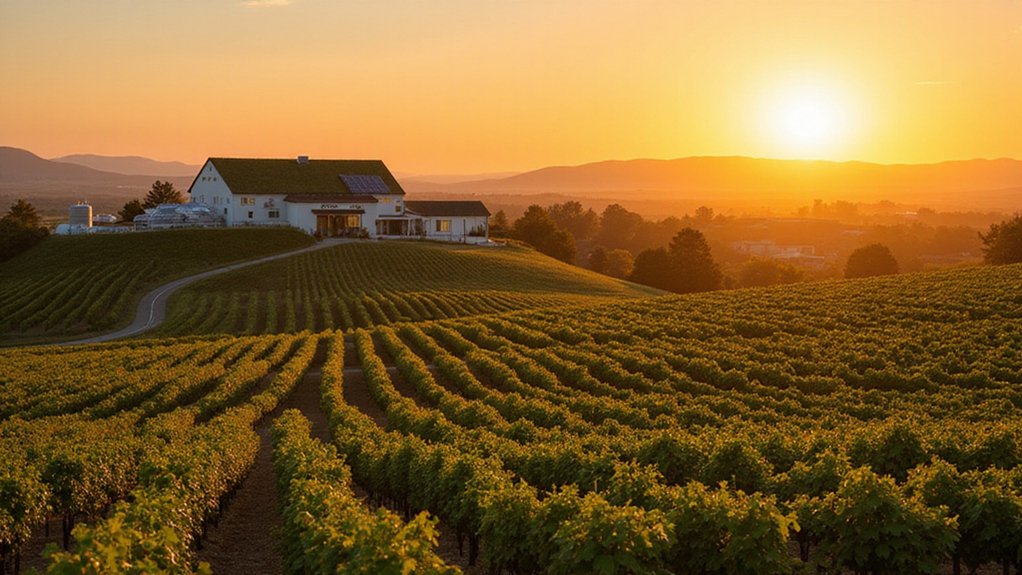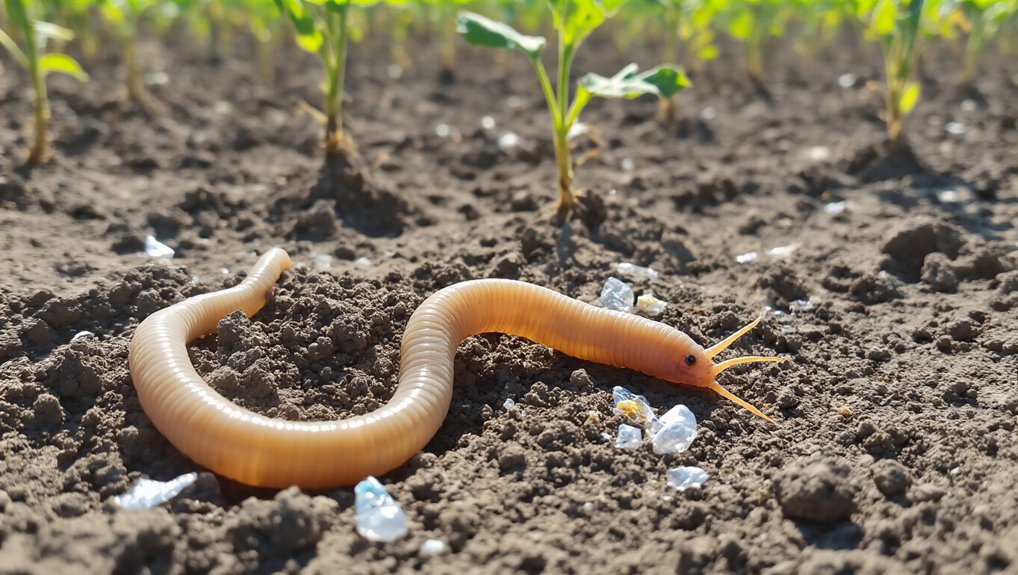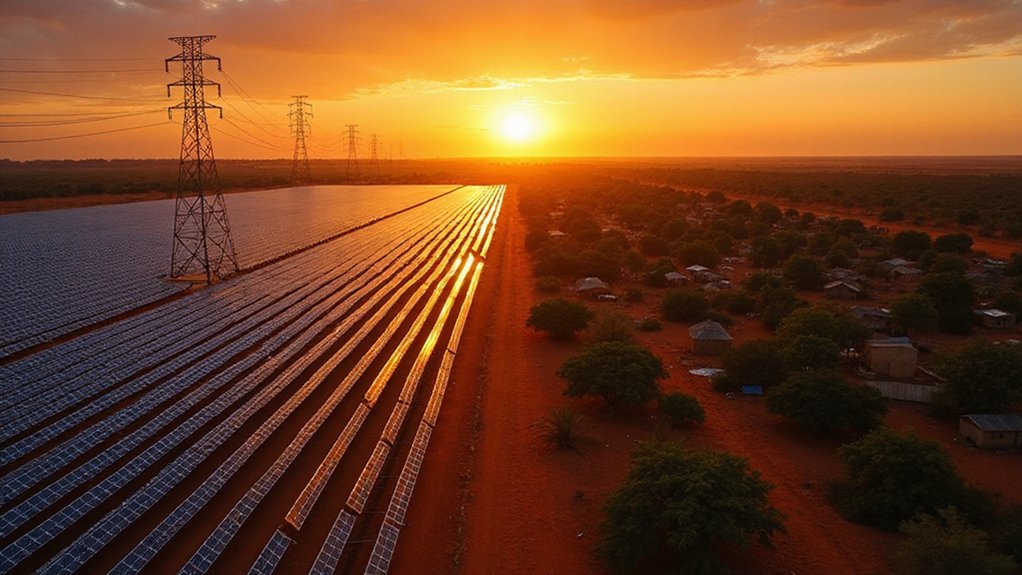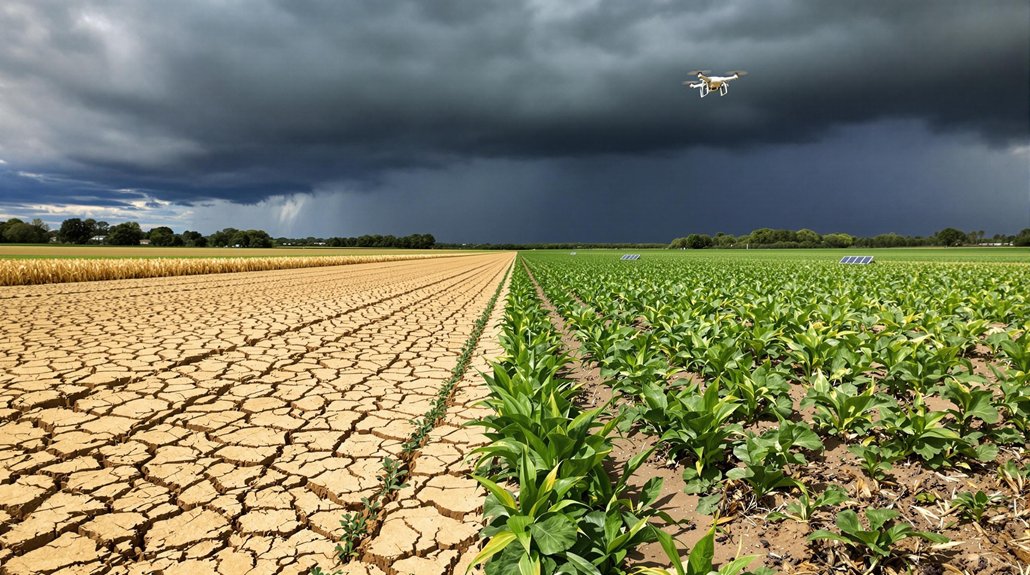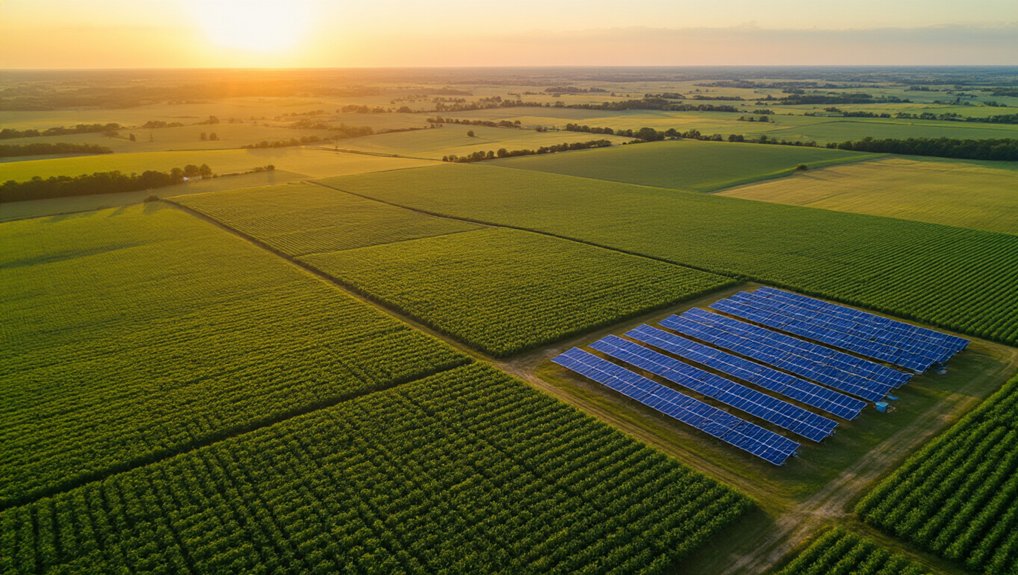Wineries around the world are embracing a greener approach to their craft. This shift isn’t just good for the planet—it’s becoming essential for business success. Studies show that sustainable practices lead to long-term cost savings and improved grape quality. Vineyards that manage resources efficiently build stronger businesses while protecting their land for future generations.
Sustainable viticulture focuses on soil health and ecosystem preservation. Farmers work to maintain soil fertility and protect the unique character of their land. They conserve water, promote biodiversity, and reduce chemical use. Many vineyards now employ closed-loop systems where grape waste becomes compost, naturally enriching the soil and reducing the carbon footprint of wine production.
Workers and communities benefit from these practices too. Sustainable vineyards create healthier working conditions by limiting harmful chemicals. They build stronger relationships with neighbors and gain consumer trust. This socially responsible approach helps wineries engage positively with regulators and educational institutions while supporting local economies. Similar to the renewable energy sector’s job growth trends, sustainable wineries are creating more employment opportunities than traditional operations.
Organic and biodynamic methods play a key role in sustainable winemaking. These approaches eliminate synthetic pesticides and treat vineyards as self-sustaining ecosystems. While organic wine represented just 3.3% of global wine sales in 2022, this marks significant growth from 1.2% a decade earlier. Tastewise data reveals a 17.9% YoY increase in sustainability mentions related to wine consumption. Many winemakers report that these methods lead to wines with more distinct character and better expression of terroir—the unique taste that comes from specific growing conditions.
New technologies are helping vineyards meet sustainability goals. Precision agriculture allows for optimized water and nutrient use. Robotic automation improves efficiency while reducing environmental impact. These innovations help lower carbon emissions throughout the winemaking and distribution process.
The market is responding favorably to sustainable wines. The organic wine sector is growing at 10-12% annually as consumers increasingly prefer eco-friendly products. Wineries with sustainable practices gain competitive advantages in both domestic and international markets. They benefit from enhanced brand image and market differentiation.
What was once considered an optional approach has become a defining factor in winery success. Sustainable viticulture now represents both environmental responsibility and smart business strategy.
References
- https://tastewise.io/blog/sustainable-wine-is-disrupting-the-industry
- https://corkboutiquewines.com/blogs/news/introduction-to-sustainable-organic-and-biodynamic-wines
- https://lecel.com/sustainable-drinks-delight/
- https://aglawjournal.wp.drake.edu/wp-content/uploads/sites/66/2023/08/Leprid-Ready-for-PRODUCTION.pdf
- https://www.evineyardapp.com/blog/2015/10/06/benefits-of-sustainable-wine-growing/
